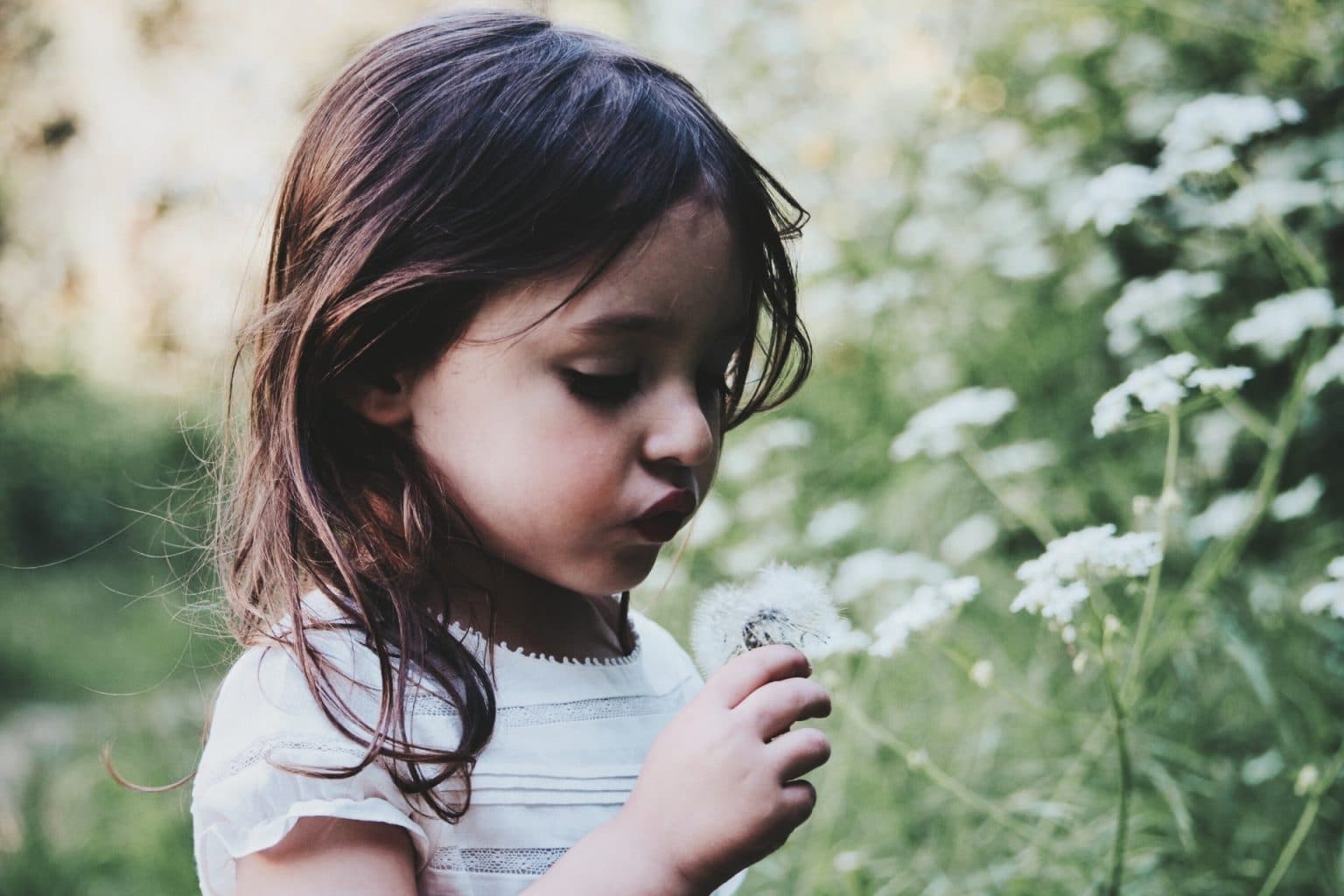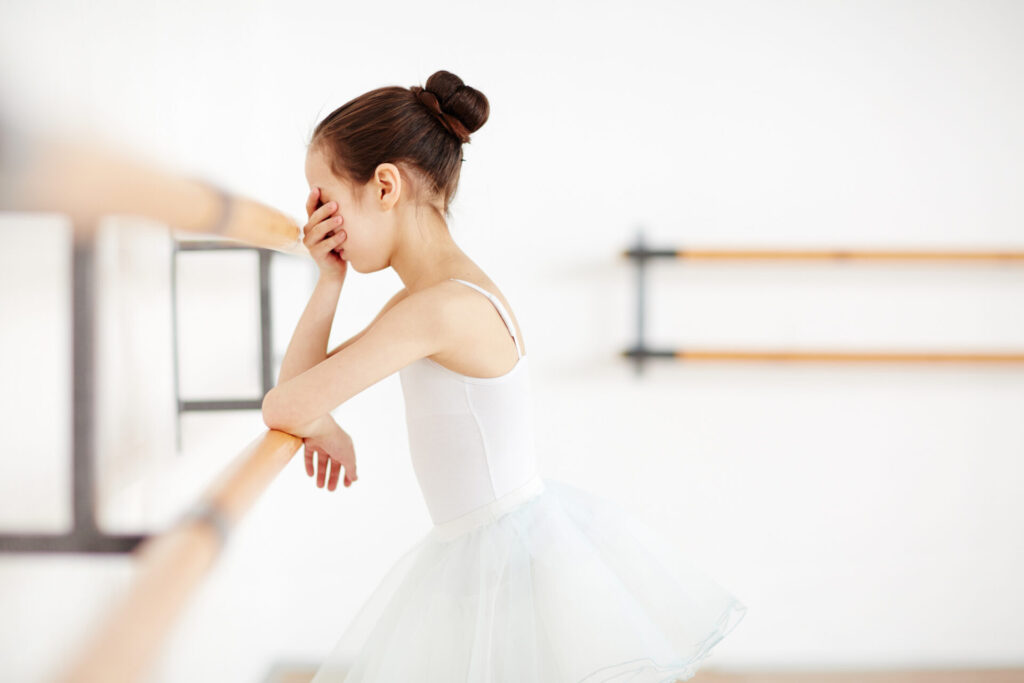Question:
We think our 12-year-old is allergic to pollen or has some kind of hay fever. She gets really stuffed up and sneezy every year at the end of the summer into September. Is it OK to keep giving her antihistamines? Is there anything we can do to prevent the onset of symptoms?
Answer:
The best way to know what your child is allergic to is to see an allergist and have testing done. There are several possible fall allergens; ragweed pollen allergy, commonly known as hay fever, occurs in August and September and usually peaks around Labour Day.
Many people, including children of all ages, can get good relief with antihistamines. This type of medication stops the runny nose, watery eyes, itching and sneezing. There are several types of antihistamines available. Many work best when taken every day during the season. Side effects such as sleepiness or grouchiness are quite rare. Other side effects
can include blurred eyesight, dry mouth and hard stools. It’s a good idea to stay hydrated.
Some people, including children, will need antihistamine eye drops, or prescription nose sprays which are steroids. If medicines don’t work, immunotherapy (aka allergy shots) is effective at building a protection against the allergy over time. Immunotherapy is sometimes used in severe cases where the allergy prevents you from going about your daily living. A series of injections are administered regularly for several years by a specialist in a hospital or clinic. The first shots contain tiny amounts of the allergen and the dosages increase over time, so your body adjusts to the allergen and you become less sensitive to it.
Complete prevention is very difficult to achieve even though control can be quite good with medication. Start a prescription nose spray in early August before the pollen arrives. This, and/or immunotherapy treatment, are the best ways to prevent or minimize the onset of symptoms.
Originally published in ParentsCanada magazine, August/September 2013.









